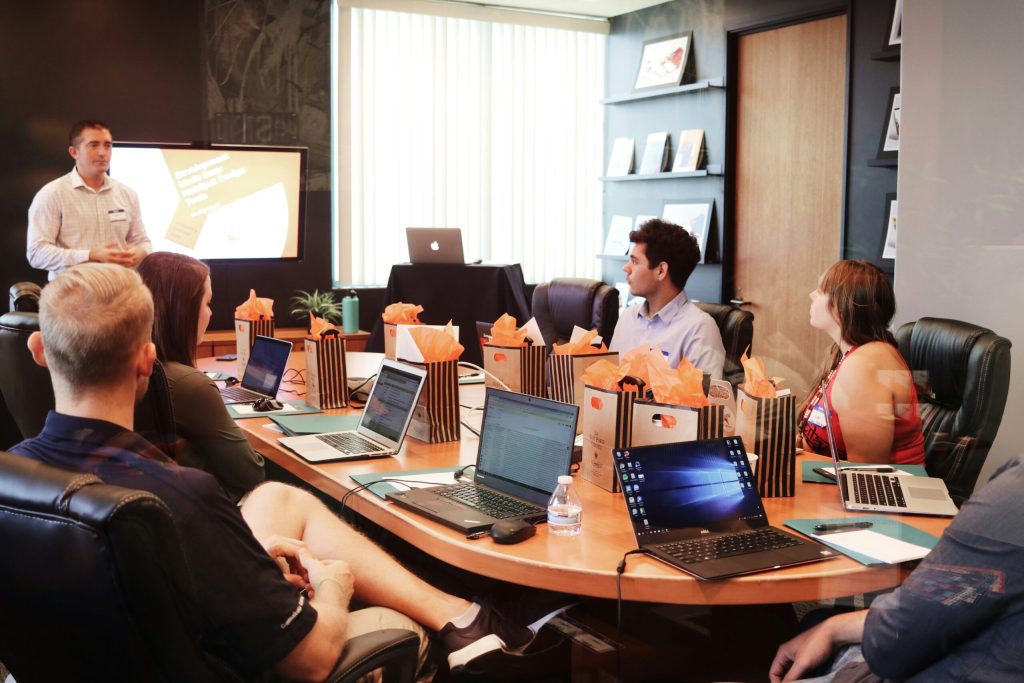Healthy Mind, Healthy Body - Leadership Nugget 3
In 2012 I ran the Dublin marathon, it took a lot of hard work, focus and commitment and that was just the training! In preparation, as someone who didn’t run regularly, I had to decide what shoes to get and as always I had more fun choosing the shoes than necessarily running in them! I tried a few different brands before I came across ASICS - a Japanese athletic equipment company. What I really liked about ASICS is what the letters stand for - an acronym for the Latin phrase “anima sana in corpore sano” which translates as "a healthy mind in a healthy body". Now that’s right up my street and something I totally believe in. Get it right in the mind and the rest follows. Patience, kindness, hope, vision, thoughtfulness, encouragement all flow so much better when we have a healthy mind. We deal better with conflict, challenge and obstacles when we are ‘thinking straight’ as they say – which is why my leadership nugget number 3 is ‘maintain a healthy mind to lead better’, not particularly catchy but true nevertheless.
The World Health Organisation (WHO) recently added ‘burnout’ to their list of official syndromes - this isn’t a problem going away, in fact it’s getting worse and more recognised! Through Inpulse we often see ‘workload’ being referred to by employees as a cause of them feeling ‘burnt out’. Below are my five ideas for maintaining a healthy mind, in order to manage workload better, to help avoid burnout.
- Create break times – Just like with physical fitness, rest times are important for our mental health. Sadly, I know myself that always being busy and working non-stop is almost revered. I love my work but it mustn’t be endless otherwise our mind won’t get the periods of rest that recover and improve it. This could mean taking a half day every couple of weeks or even come in late one morning, to spend time at home or give yourself time to read a book, listen to a podcast – or do something else not work related! It’s simple and it will make a difference. Plan these breaks by putting them in your diary. And stick to them even when your workload seems too overwhelming, you will find you have increased productivity when you do hit the office and it’s a good chance to put it all in perspective.
- Exercise matters - If you’re not doing exercise weekly you are missing out on so many benefits! As it’s been proven to boost all round wellbeing especially if it takes in nature – like a 30min walk in a local wood/park etc. Once again it is important to get this time in the diary and stick to it. It takes 6 weeks to form a habit and it won’t be long before you can’t imagine not having this part of your weekly routine. It’s also why I’ve chosen to do a half marathon in September!
- Take back control – I know it’s controversial to use that phrase now in the UK but bear with me…. I mean, begin managing your time, starting with taking control of your diary – don’t let it manage you! Take pressure off yourself by learning to say no to meetings others put in our diaries which are unnecessary or could be handled more efficiently with a quick call. I am convinced half the meetings we attend don’t need to happen so it’s time to cut back and give yourself more time during the day.
- The Family and Friends scheme – Having time with those you love and whose company you enjoy can give you such a boost. Spend time with them, book in something weekly and enjoy sharing a meal, a drink, a laugh or just some time ‘shooting the breeze’ – it’s good to be reminded that life is, most definitely, not all about work!
- Reframe - If we continue to play negative thoughts over and over in our mind, they become believable and exhausting. One of the skills to develop as a healthy, resilient leader is that of ‘reframing’. To reframe is defined as ‘placing something in a new frame’. When we change our point of view on a situation the facts remain the same, but a deliberate shift is made in how we see it. We can replace the unhelpful, energy-stealing thoughts with more helpful ones such as: “What can I learn from this situation?” or “What would a wise old friend tell me to do now?”.
As we shift our thinking about our situation there is a change in emotional tone and the meaning that we give to our circumstance. We can choose to move our experience from a negative frame to a more hopeful one, filled with opportunities. This process allows us to have an expanded view of our reality and to maintain a healthier mind.



